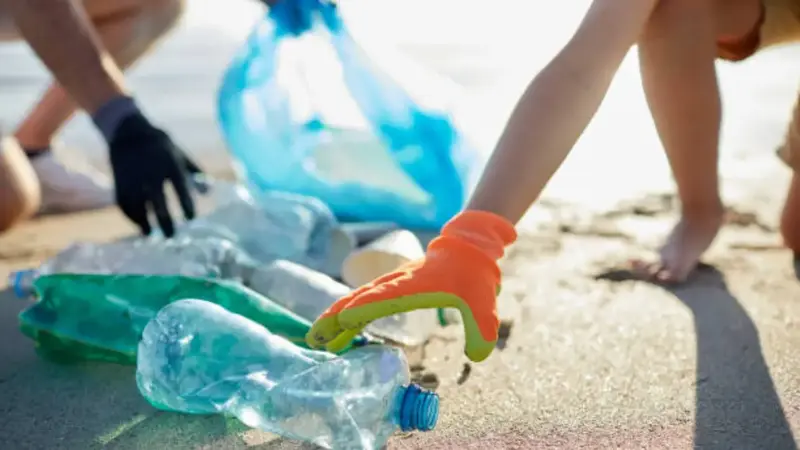In today’s fast-paced world, plastic water bottles represent convenience and portability, making them ubiquitous in daily life. However, the habit of reusing these bottles could be compromising your health. This article explores why reusing your plastic water bottle is a bad idea, supported by scientific insights and expert advice.
Understanding Plastic Degradation and Health Risks
Chemical Composition of Plastic Bottles
Most disposable water bottles are made from polyethylene terephthalate (PET), designed for single use. When reused, these bottles can degrade and leach chemicals into the water they contain. One of the primary concerns involves the release of antimony and bisphenol A (BPA), both of which are linked to significant health risks.
The Danger of Antimony
Studies indicate that antimony can interfere with water quality, especially when plastic bottles are exposed to high temperatures (like being left in a car). According to research published in the journal ‘Environmental Pollution,’ water stored in such conditions for prolonged periods can have antimony concentrations that significantly exceed the safety limits recommended by the Environmental Protection Agency (EPA).
The Risks Associated with BPA
BPA is another chemical frequently found in reusable plastic containers and bottles. It is known to mimic estrogen and can disrupt hormonal balances in the body. The FDA has expressed concerns regarding BPA’s effects on the brain, behavior, and prostate gland in fetuses, infants, and children.
Microbial Growth in Reused Bottles
Bacteria and Fungi Accumulation
Another significant risk of reusing plastic bottles is the buildup of bacteria and fungi. A study from Treadmill Reviews found that water bottles reused by athletes over a week without proper cleaning contained a higher number of bacteria than the average toilet seat. These bacteria can cause illnesses ranging from mild gastrointestinal distress to more severe infections, depending on the pathogens present.
Proper Cleaning Difficulties
Effectively cleaning disposable plastic bottles is challenging due to their narrow design and the type of plastic used, which can easily retain germs in scratches incurred through regular use.
Environmental Impact
Contribution to Plastic Pollution
While reusing plastic bottles might seem like a good idea from an environmental perspective, it actually contributes to plastic pollution in a different way. These plastics are not designed for long-term use, and when they finally are discarded, they will still take hundreds of years to decompose, all the while releasing toxins into the environment as they degrade.
Sustainable Alternatives
To mitigate these health risks and environmental issues, consider using sustainable alternatives such as stainless steel, glass, or BPA-free reusable bottles. These materials are safer for repeated use and are much more durable than their plastic counterparts.
Expert Recommendations
Health experts and environmentalists suggest the following for those who choose to use reusable bottles:
- Opt for Safer Materials: Use bottles made from safe, reusable materials like stainless steel or glass.
- Regular Cleaning: Clean bottles regularly with hot, soapy water and rinse thoroughly to remove any residues.
- Avoid Heat: Store bottles away from direct sunlight and do not expose them to high temperatures to minimize the risk of chemical leaching.
Conclusion
The convenience of plastic water bottles is undeniable, but the health and environmental risks associated with reusing them make it a practice best avoided. Investing in a durable, non-plastic water bottle is a safer, more sustainable choice for your health and the planet. By understanding the dangers posed by chemicals like BPA and antimony, as well as the potential for bacterial growth in reused bottles, consumers can make informed decisions that promote well-being and environmental conservation. Let’s pledge to say no to reusing disposable plastic water bottles and yes to healthier, greener alternatives.
